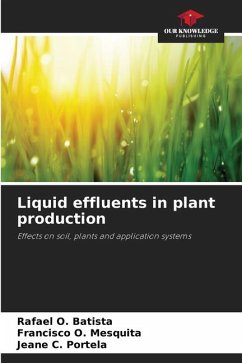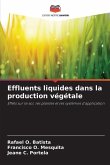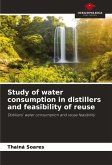In recent decades, there has been a very promising increase in the management and use of wastewater in agriculture, due to the following factors: it constitutes a water recycling practice; a nutrient recycling practice, providing savings in inputs (fertilisers); it minimises the discharge of sewage into natural watercourses, thus preventing pollution, contamination and eutrophication; it favours soil conservation and the recovery of degraded areas; the high cost of treatment systems, which are necessary for discharging effluents into receiving bodies within the limits set by environmental legislation, and recognition by water resource management bodies of the value of the activity. The use of wastewater in agriculture is an alternative for controlling pollution of the water-soil-atmosphere system, providing water, essential nutrient sources for various crops and consequently increasing agricultural production. However, in order for this to become a viable practice, effluent treatment, application and management techniques need to be perfected.
Bitte wählen Sie Ihr Anliegen aus.
Rechnungen
Retourenschein anfordern
Bestellstatus
Storno








